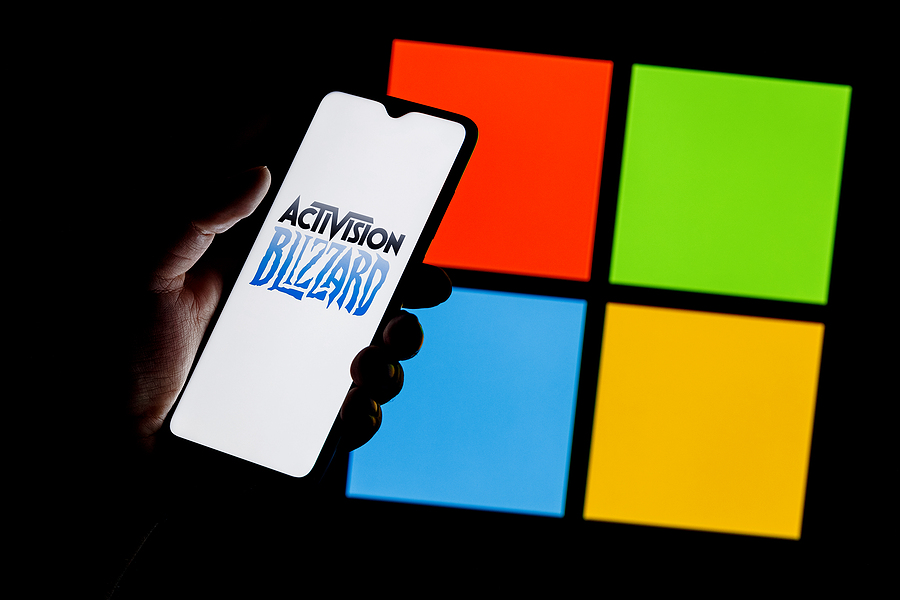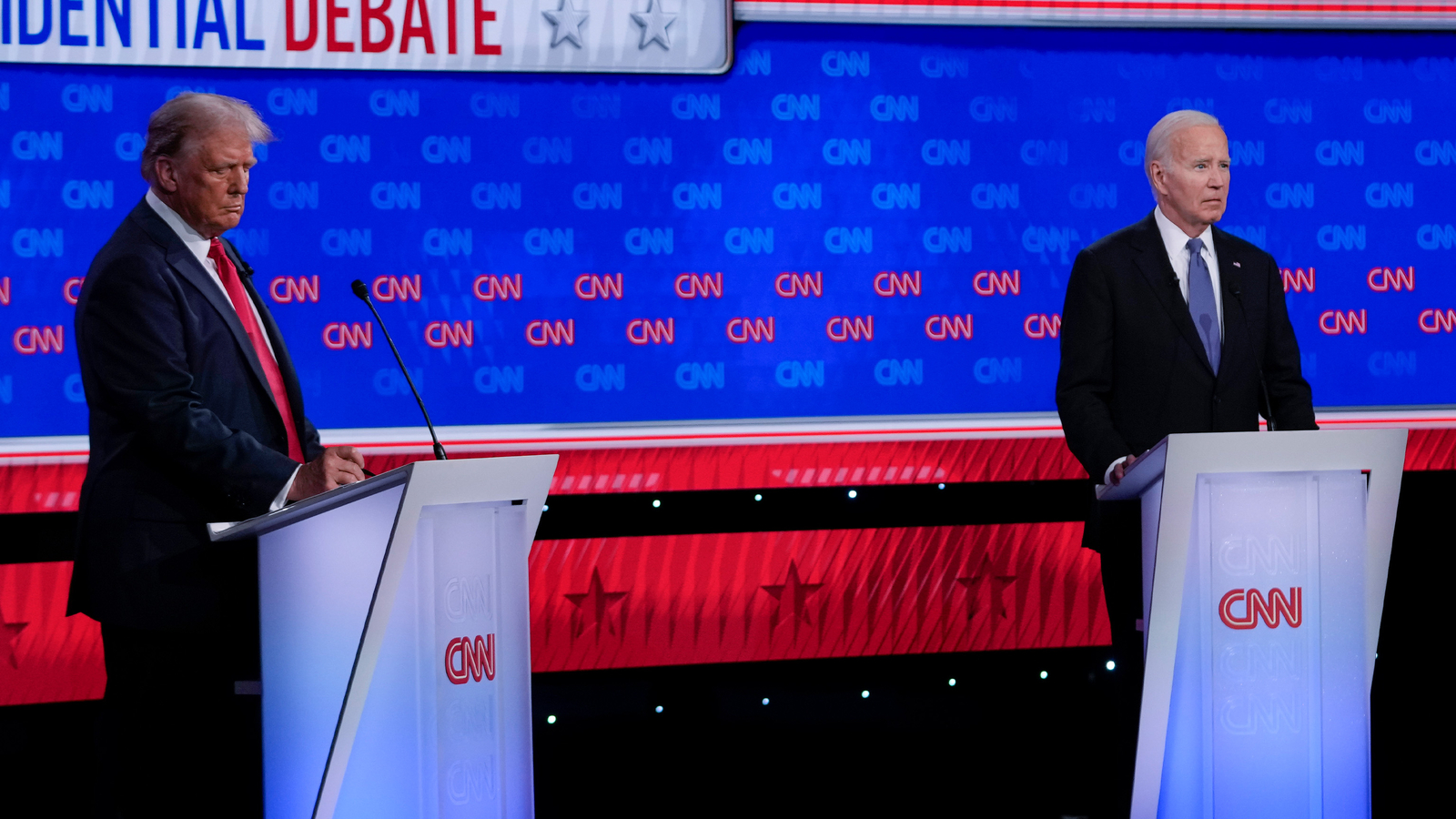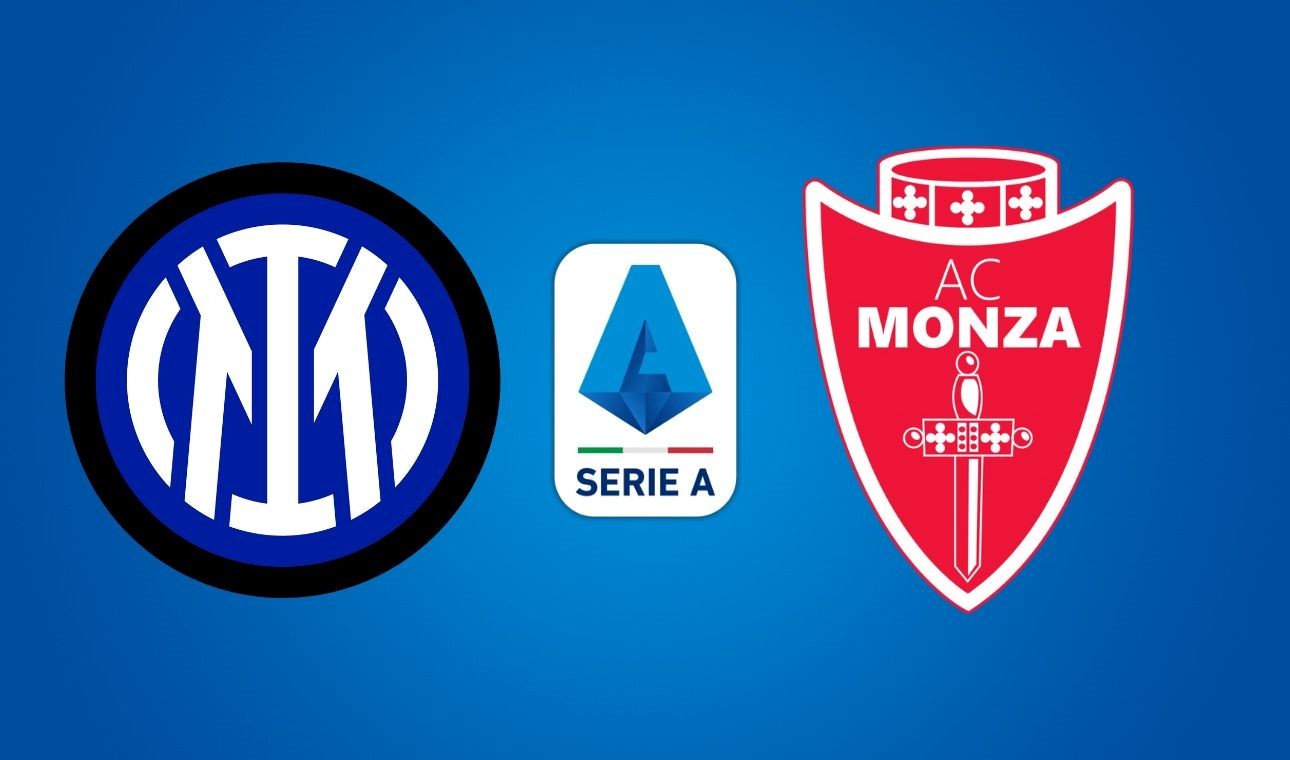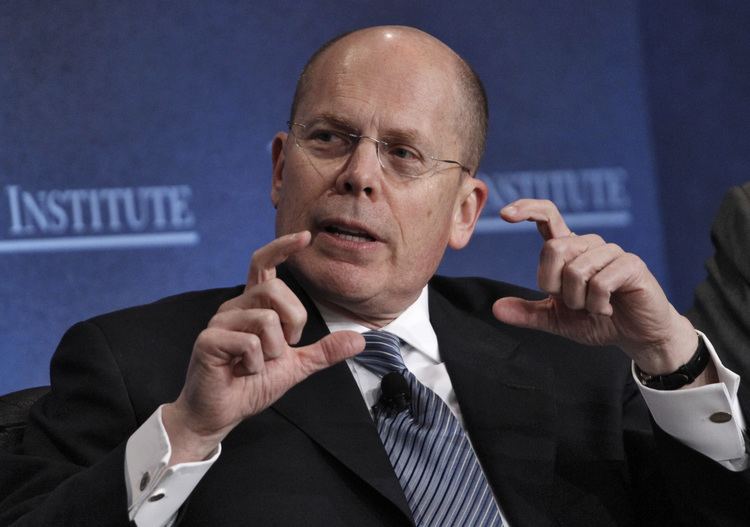Activision Blizzard Acquisition: FTC Challenges Court Ruling, Appeal Details Inside

Table of Contents
The FTC's Case Against the Activision Blizzard Acquisition
The FTC's initial lawsuit against the Microsoft Acquisition of Activision Blizzard centered on concerns about anti-competitive practices and the potential harm to consumers. Their primary argument revolved around Microsoft's already significant market presence in gaming consoles (Xbox) and its burgeoning cloud gaming service, Xbox Cloud Gaming.
- Concerns about Market Dominance: The FTC argued that allowing the Activision Blizzard merger would give Microsoft undue control over crucial gaming franchises like Call of Duty, potentially stifling competition and harming consumers. They pointed to Microsoft’s potential to make Call of Duty exclusive to Xbox, or to significantly disadvantage other platforms.
- Stifling Competition: The lawsuit alleged that the acquisition would eliminate a significant competitor in the gaming market, reducing choice and potentially leading to higher prices for consumers. The FTC emphasized the importance of maintaining a diverse and competitive gaming landscape.
- Impact on Call of Duty: The FTC specifically highlighted Call of Duty's immense popularity and its potential use as a leverage point by Microsoft to lock out competitors and gain an unfair advantage. They argued that making Call of Duty exclusive would harm players on PlayStation and other platforms.
- Specific Examples: The FTC presented data and evidence demonstrating Microsoft's market share and the potential impact of the acquisition on competition. This included analyses of subscription services, console sales, and the overall gaming market landscape.
The Court Ruling and its Implications
Despite the FTC's strong arguments, a federal judge ruled in favor of Microsoft, allowing the Activision Blizzard acquisition to proceed. The judge's reasoning focused on the lack of sufficient evidence to support the FTC's claims of anti-competitive behavior.
- Judge's Reasoning: The court found that the FTC hadn't convincingly demonstrated that Microsoft would leverage its control over Activision Blizzard's properties to harm competition. The judge considered Microsoft's commitments to keep Call of Duty available on multiple platforms.
- Microsoft's Defense: Microsoft’s legal team presented a strong case, emphasizing its commitment to maintaining Call of Duty availability across multiple platforms, including PlayStation. They also argued that the acquisition would benefit gamers through increased innovation and content.
- Immediate Industry Impact: The initial reaction to the court ruling was mixed. While Microsoft celebrated a significant victory, some competitors expressed concerns about the potential for future market consolidation. Consumer advocacy groups also voiced their disappointment, citing the potential negative impacts on consumers.
- Reactions from Competitors and Consumer Groups: Several industry players and consumer rights organizations expressed their concerns about the potential for reduced competition and higher prices in the gaming market following the court's decision.
The FTC's Appeal: Arguments and Potential Outcomes
Undeterred by the initial court ruling, the FTC launched an appeal, arguing that the judge erred in their assessment of the evidence and failed to adequately consider the potential for anti-competitive behavior.
- Points of Contention: The appeal focuses on challenging the judge's interpretation of the evidence presented, particularly concerning the potential for Microsoft to use Call of Duty and other Activision Blizzard properties to exclude competitors.
- Legal Strategies: The FTC is likely to employ various legal strategies, focusing on highlighting the long-term implications of the merger and the potential for harm to competition, even if immediate effects are not immediately apparent.
- Likelihood of Success: The success of the FTC's appeal is uncertain. Appeals courts often defer to lower court rulings, but the FTC's arguments hold weight, particularly concerning potential long-term anti-competitive effects.
- Potential Outcomes: The appeal could result in a reversal of the lower court's decision, forcing Microsoft to divest itself of Activision Blizzard, or it could be upheld, solidifying Microsoft’s acquisition. Further legal proceedings are also possible.
The Impact on Consumers and the Gaming Landscape
The outcome of the FTC's appeal will significantly impact gamers and the future of the gaming industry.
- Potential Changes to Game Pricing or Accessibility: Depending on the outcome, the price of games, especially those from Activision Blizzard, could change. The availability of games on different platforms could also be affected.
- Impact on Competition and Innovation: Reduced competition could stifle innovation, potentially leading to less choice and slower technological advancements in the gaming sector.
- Long-Term Implications for Game Developers and Publishers: The precedent set by this case will significantly influence future mergers and acquisitions in the gaming industry, impacting the strategies of game developers and publishers.
Conclusion
The FTC's challenge to the Activision Blizzard acquisition is a landmark case with significant implications for the future of the gaming industry. The ongoing legal battle highlights the FTC's concerns about anti-competitive practices and the potential impact on consumers. The appeal's outcome will determine the fate of this massive merger and set a precedent for future industry consolidation.
Call to Action: Stay informed about the ongoing legal developments surrounding this landmark Activision Blizzard acquisition. Follow our updates for the latest news and analysis as this critical case unfolds. Learn more about the intricacies of the Activision Blizzard merger by exploring related articles on our website.

Featured Posts
-
 San Diego Padres Daily Update On Tatis Jr And Team Performance
May 16, 2025
San Diego Padres Daily Update On Tatis Jr And Team Performance
May 16, 2025 -
 The Trump Biden Debate Focus On A Forgotten Name
May 16, 2025
The Trump Biden Debate Focus On A Forgotten Name
May 16, 2025 -
 Albanese And Dutton Face Off Dissecting Their Election Platforms
May 16, 2025
Albanese And Dutton Face Off Dissecting Their Election Platforms
May 16, 2025 -
 Ver Roma Monza En Directo Guia Completa
May 16, 2025
Ver Roma Monza En Directo Guia Completa
May 16, 2025 -
 Can United Healths New Ceo Stephen Hemsley Succeed A Boomerang Ceos Challenges
May 16, 2025
Can United Healths New Ceo Stephen Hemsley Succeed A Boomerang Ceos Challenges
May 16, 2025
